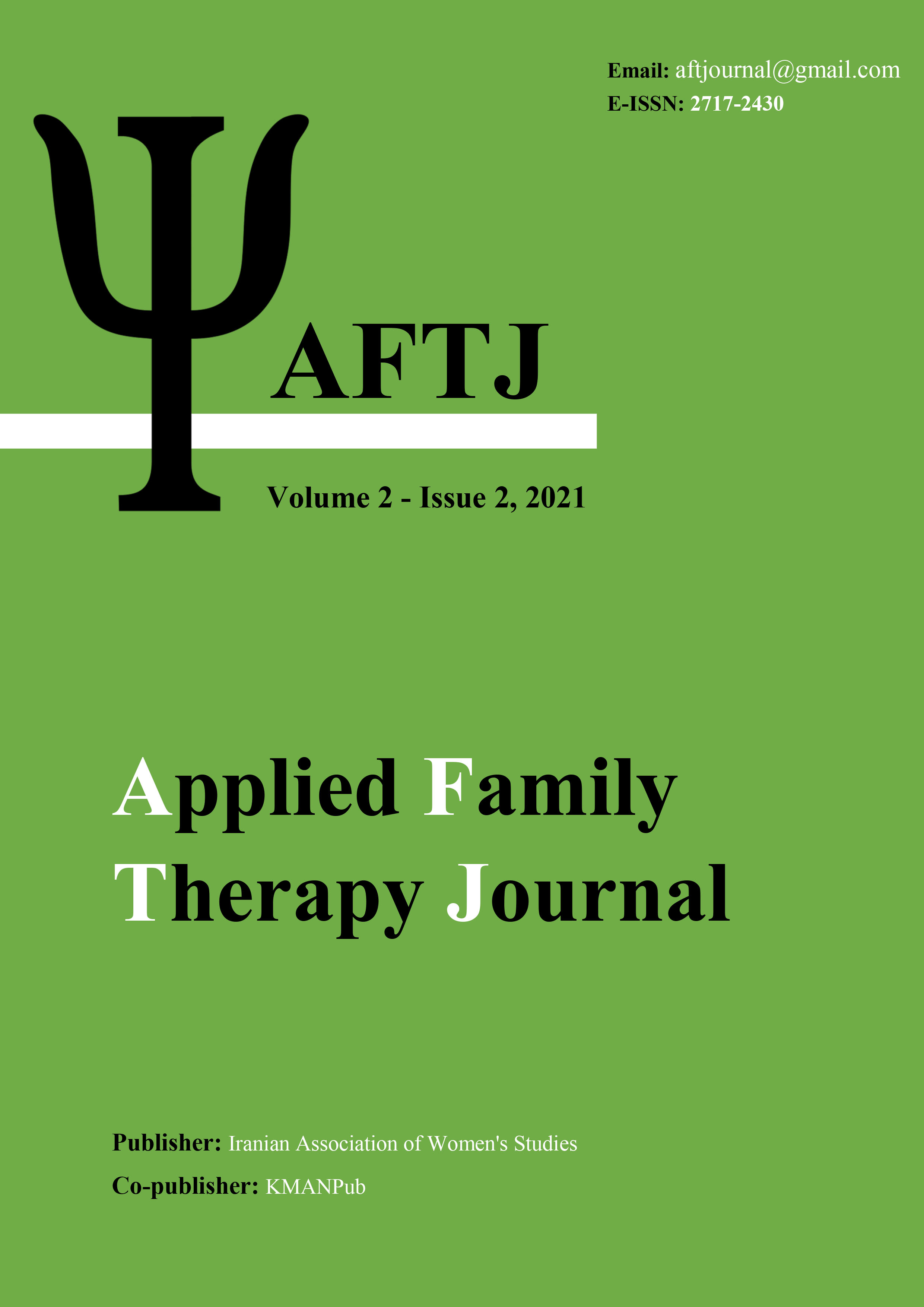Predicting Impulsiveness in Adolescents based on Personality Traits and Social Problem-Solving Skills
Keywords:
Impulsiveness; Personality traits; Social problem-solving skillsAbstract
Aim: The present study aimed to predict impulsiveness in adolescents based on personality traits and social problem-solving skills. Method: The research was descriptive-correlational, and its statistical population consisted of 600 female students of the first and second secondary schools in district 10 of Tehran in 2019. The sample size was equal to 155 using Cochran's method. The research tools included Barratt Impulsiveness Scale (BIS) (1959), the personality traits questionnaire by McCrae & Costa (1992), and the social problem-solving skills questionnaire by D'Zurilla et al. (2002). Analysis of data obtained from the questionnaires was performed in descriptive and inferential phases of Pearson correlation coefficient, and Multiple regression. Results: Social problem-solving components explained a total of 34.3% of the variance of impulsiveness in adolescents. Among the components of social problem-solving, positive problem orientation (PPO), and negative problem orientation (NPO), and its impulsive/carelessness style positively and significantly predicted impulsiveness in adolescents. The inclusion of personality traits in the prediction equation and controlling the effects of social problem-solving components also increased the rate of explained variance of impulsiveness by 5.8%. Conclusion: Among the personality traits, neuroticism positively, extroversion and agreeableness negatively and significantly predicted impulsiveness in adolescents.
Downloads
Published
Issue
Section
License

This work is licensed under a Creative Commons Attribution-NonCommercial 4.0 International License.





















